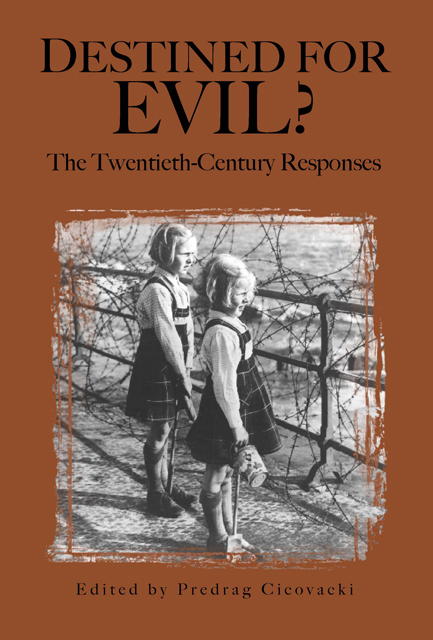Book contents
19 - Lamentations and Losses: From New York to Kabul
Published online by Cambridge University Press: 17 March 2023
Summary
The Timbered Choir
The year begins with war.
Our bombs fall day and night.
Hour after hour, by death
Abroad appeasing wrath,
Folly and greed at home.
Upon our giddy tower
We’d oversway the world.
Our hate comes down to kill
Those whom we do not see,
For we have given up
Our sight to those in power
And to machines, and now
Are blind to all the world …
—Wendell Berry, 1991What difference does it make to the dead, the orphans and the homeless, whether the mad destruction is wrought in the name of totalitarianism or the holy name of liberty and democracy?
—Mahatma GandhiLamentations: the word speaks for itself. Something terrible, something literally beyond imagining, has befallen Jerusalem and its people.
“Befallen.” Exactly. The skies have fallen in. A proud clan, a proud city, lies in the dust. The temple is gutted, the walls of the holy city a rubble. Prophecy is stilled, at least for a time—a time that seems an eternity. The elders and priests—those proud links of tradition and sacrifice and psalm— are vanished from the scene, driven like cattle into slavery and exile.
National identity, or more exactly, imperial identity, is shattered.
It rested on unsteady piers, as was evident after the fact. Note the fact well, the symptoms of the Fall in Jerusalem: militarism, a rigid class system of the prosperous and the deprived, worship emptied of concern for “the widow and orphan and stranger at the gate.”
And perhaps most damaging of all, a naive assumption, common among the elite, that come what may, come war and greed and cruelties against the victimized—God was “on our side.” Familiar?
The conviction was simply taken for granted—irrefragable.
And why not? The temple was a world wonder, the sacrifices spectacular in their scope and artistry, song and dance and solemn proclamation of the law. World trade flourished, coffers of palace and temple were bulging.
The sky was the limit, literally. All signs pointed to divine approval.
But wait. God had news for the empire. On the horizon, a storm was gathering; its name was Babylon.
- Type
- Chapter
- Information
- Destined for Evil?The Twentieth-Century Responses, pp. 223 - 240Publisher: Boydell & BrewerPrint publication year: 2005

